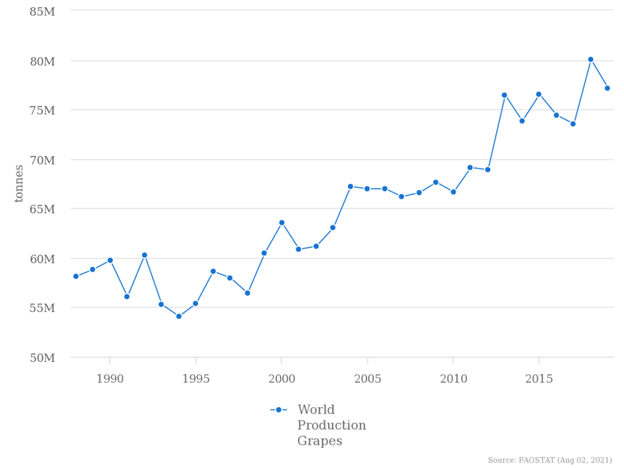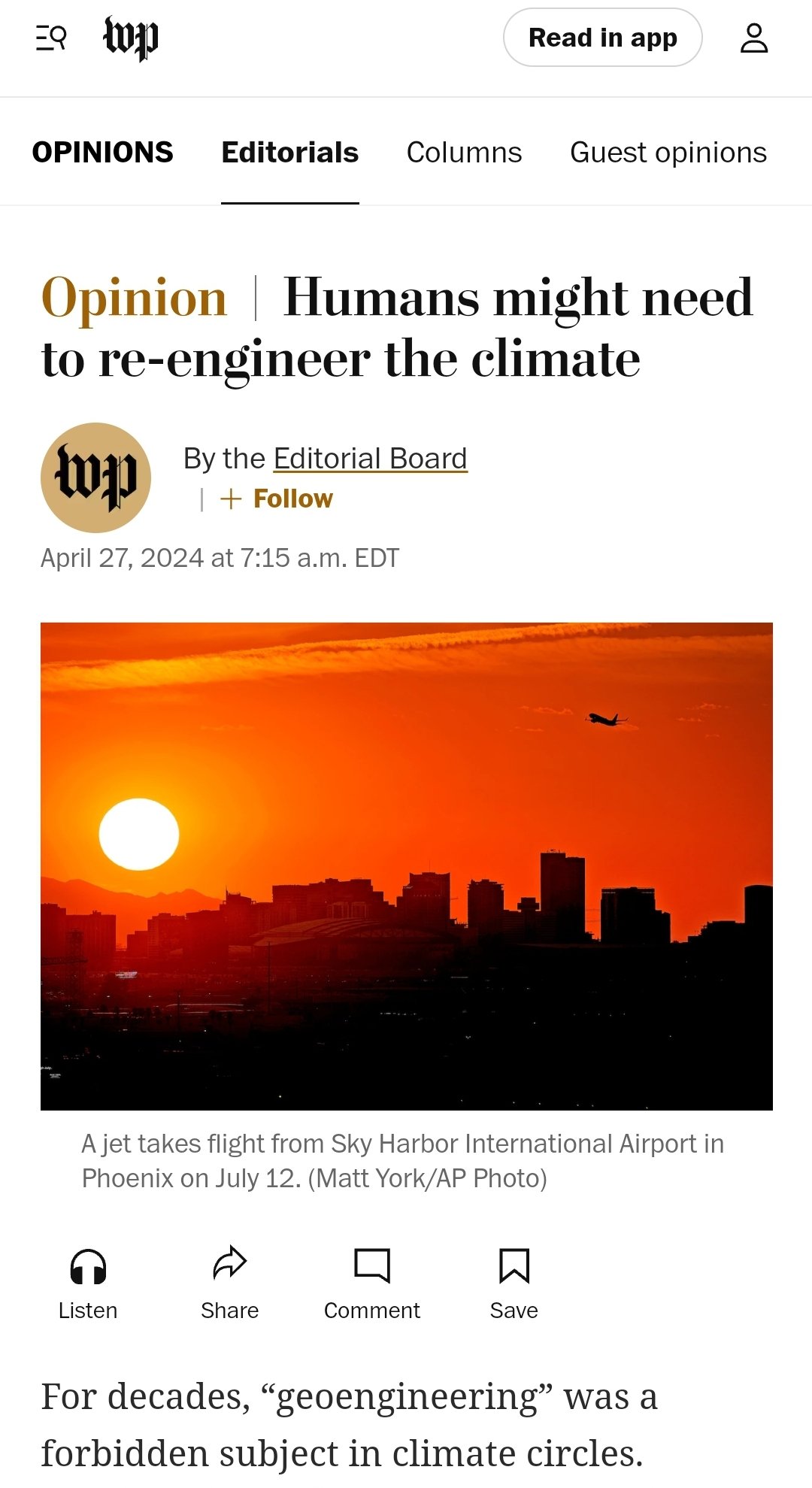By H. Sterling Burnett
As a tie in to St. Valentine’s Day when wine is commonly on the menu, CBS’s 60 Minutes aired repeat Sunday night, uncorking a story it ran less than two months ago in late December, claiming climate change is destroying the wine industry. The claim was false then and, unlike the fine wine it discusses, it hasn’t improved with time.
Near the beginning of the “news” segment, titled “Effects of climate change taking root in the wine industry,” 60 Minutes’ Leslie Stahl, in a plaintive voice bemoans the supposed harm climate change is having on France’s wine industry. Stahl says:
What are the signs of global warming? Glaciers are melting at an increasingly rapid pace. Persistent droughts are spreading. Well, we have another to tell you about – wine, as in what you probably cracked open for Christmas dinner.
Farmers who grow the grapes have seen the effects of climate change in the soil, in the roots of the vines, and the yields of their crops.
As Climate Realism acknowledged when 60 Minutes first aired this flawed story in December, 2021 was a particularly bad year for wine production in France. But, long-term data show 2021 was an anomaly, not indicative of a long-term trend which might implicate a changing climate.
Although weather conditions in Europe were unfavorable to wine production in 2021, other countries were producing more wine than in the previous year. A Forbes magazine article on France’s wine woes in 2021 stated:
The almost catastrophic figures from France were caused by very unfavorable climatic [sic] conditions during most of the growing season: frost, hail, storms, and humidity in the summer (causing diseases).
By contrast Forbes reported:
The USA, the world’s third-biggest wine producer, increased the wine volume by 6 percent to reach 24.1 million hectoliters (Mhl). Australia, Chile, Argentina and South Africa, who usually jockey for positions five to eight in the world ranking, did well, or very well in some cases: up 30 percent for both Australia and Chile (to 14.2 Mhl and 13.4 Mhl respectively), +16 percent for Argentina (12.5 Mhl), and a more modest +2 pecent for South Africa (10.6 Mhl).
Looking at the longer term record, even as the Earth has modestly warmed in recent decades, grape production has grown. Data from the U.N. Food and Agriculture Organization (FAO) show the five highest years of grape production on record have all occurred since 2013 (See the Figure). The current record for grape production was set in 2018.

Rather than repeating debunked claims linking an off year for wine production in France to long-term climate change, 60 Minutes could have exercised some journalistic integrity and referenced the “Fact Check” Climate Realism ran on 60 Minutes’ story when it initially ran back in December 2021. 60 Minutes could then have run a corrected story detailing the recent boom in grape production.
Contrary to 60 Minutes misleading story, one year’s bad weather does not herald a climate change induced demise of the wine industry.




